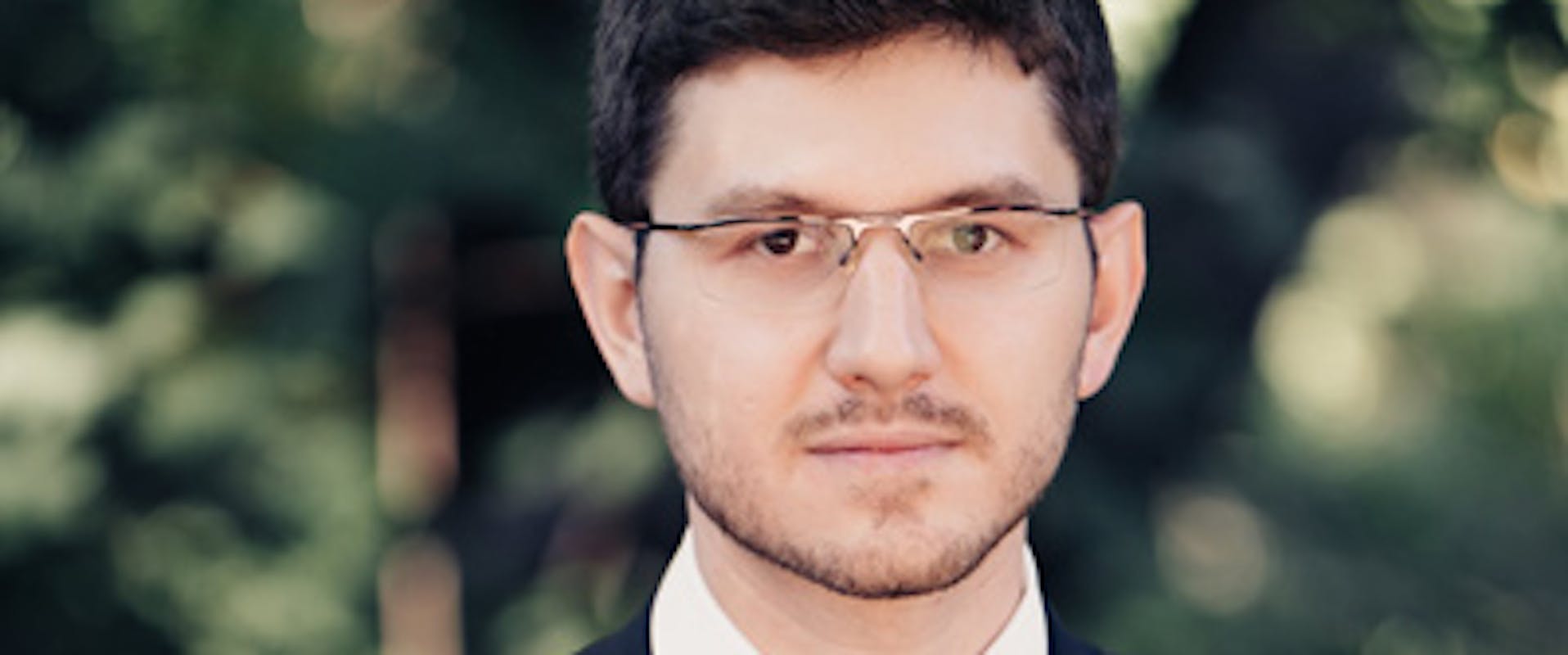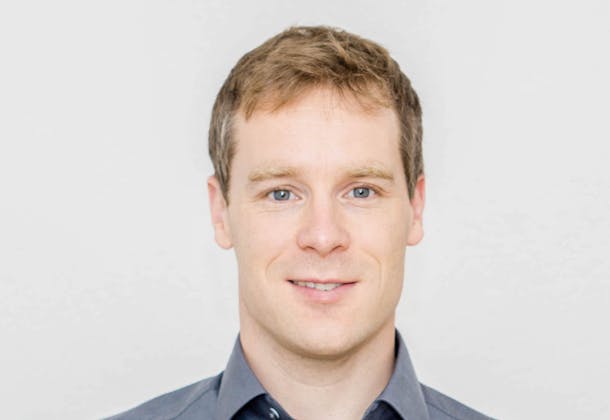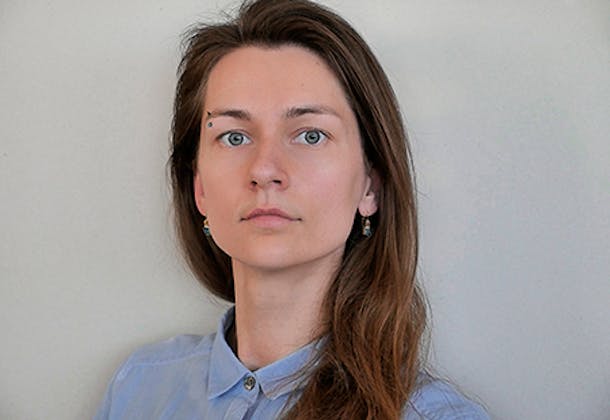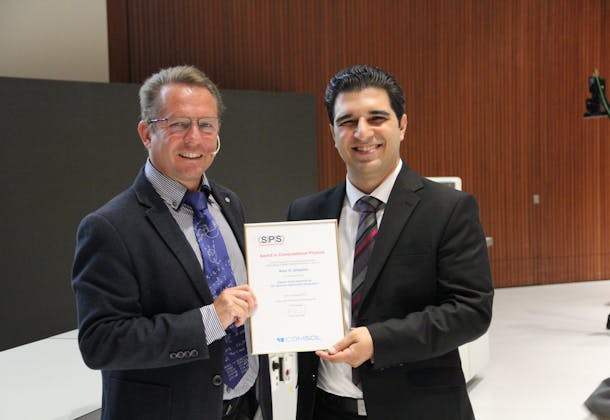June 23, 2021
2021 EPS-QEOD Thesis Prize
The European Physical Society’s, 2021 EPS-QEOD Thesis Prize for Applied Aspects, has been presented to Dr. Maxim Karpov. The biennial award rewards excellence in PhD research and scientific communication in quantum electronics and optics.



